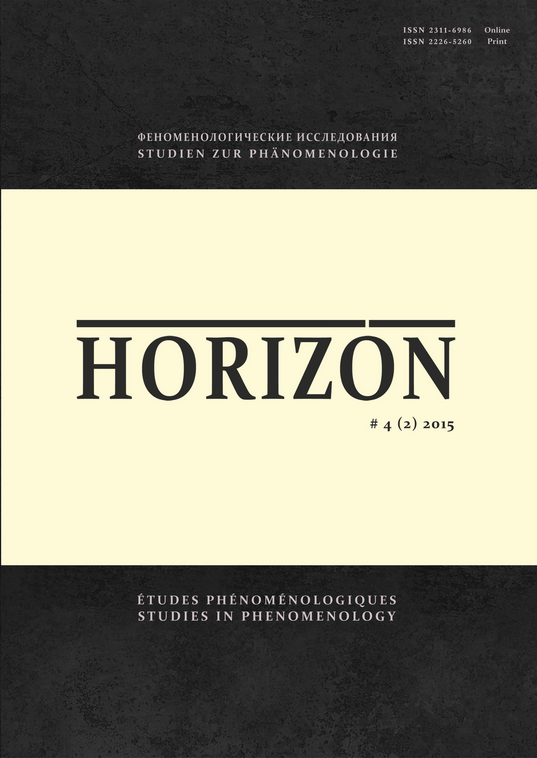WHAT IS A PROBLEM?
WHAT IS A PROBLEM?
Author(s): Andrew HaasSubject(s): Phenomenology, Hermeneutics
Published by: Издательство Санкт-Петербургского государственного университета
Keywords: Apodeictic; aspect; assertoric; being; implication; problematic; suspension; time; unity
Summary/Abstract: What is a problem? What is problematic about any problem whatsoever, philosophical or otherwise?As the origin of assertion and apodeiction, the problematic suspends the categories of necessityand contingency, possibility and impossibility. And it is this suspension that is the essenceof the problem, which is why it is so suspenseful. But then, how is the problem problematic?Only if what is suspended neither comes to presence, nor simply goes out into absence, that is,if the suspension continues, which continues the problem. But what is problematic about suspension?As a consideration of language shows, the problem of suspension is the problem ofimplication. If being, for example, is merely implied, neither present nor absent, then it is thesuspension of both, at least insofar as it is problematic. And this not only says something aboutlanguage; rather, it has ontological implications as well — it speaks of being, and the being ofanything whatsoever. For if being is implied, if that is the problem of being, it is because being isan implication. Then the being of things like problems is implied as well; or being is in things byimplication. But what does it mean for being to be neither presence nor absence, but an implication?It means that being is implied in a way that is problematic — before it is necessary, or evenpossible. For being’s way of being is characterized by suspension — which has implications forthinking and speaking about being, and about things like problems, even about anything whatsoever.And this has implications for what being implies, namely, unity and time and aspect.
Journal: Horizon. Феноменологические исследования
- Issue Year: 4/2015
- Issue No: 2
- Page Range: 71-86
- Page Count: 16
- Language: English

